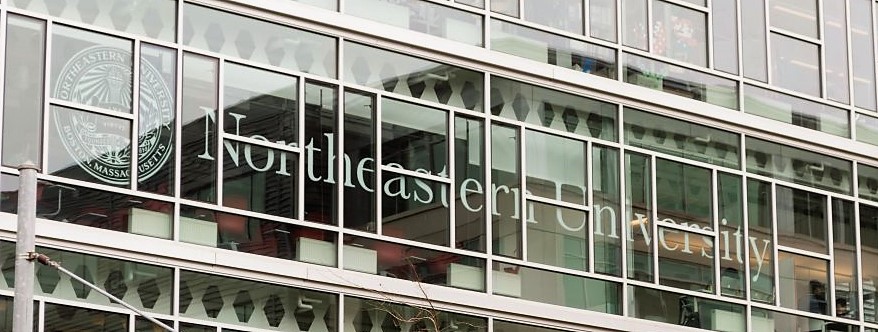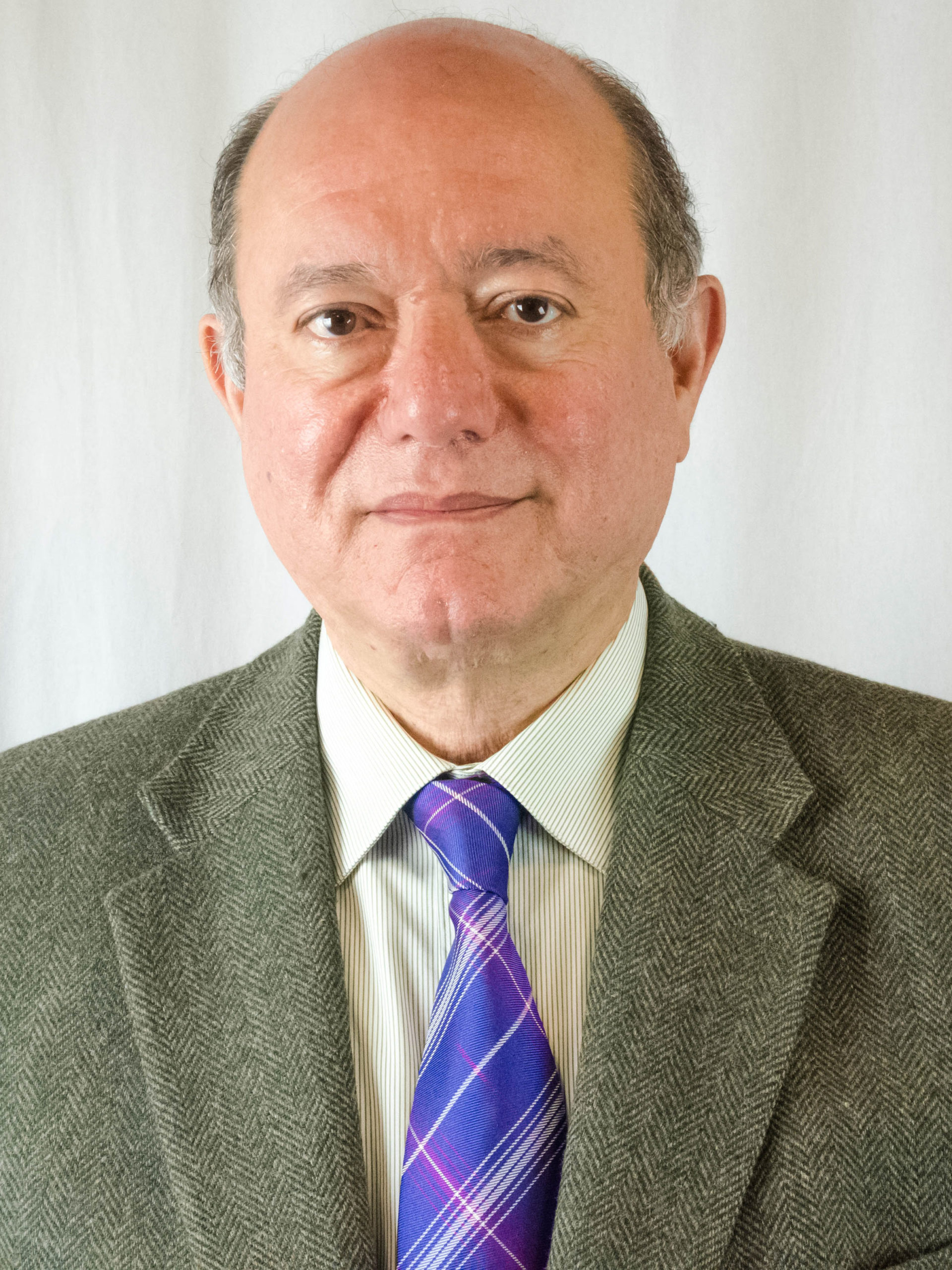College of Engineering
Master of Science in Electrical and Computer Engineering
The program focuses on innovative and exciting research areas ranging from the design, analysis, and optimization of high-performance computing systems, to the fabrication of cutting-edge microelectromechanical actuators to new research frontiers on smart power grids, metamaterials, biomedical signal processing, and communication systems.
Scholarships
Domestic students entering for the 2025 academic year (fall 2024) are eligible for a scholarship of up to 25%. This scholarship is not transferable to alternative programs of study, terms, or campuses outside of Seattle, WA. This scholarship is stackable with the College of Engineering Fall 2024 Launch Scholarship of up to 25%.
International students entering for the 2025 academic year (fall 2024) are eligible for a program launch scholarship of up to 25%. This scholarship is not transferable to alternative programs of study, terms, or campuses outside of Seattle, WA.
Program Overview
The MS in Electrical and Computer Engineering prepares students as highly skilled engineers with necessary skills to address future needs of industry, government, and humanity.
Students can select from two concentrations, course- or thesis-based options, and experiential learning opportunities. Concentration choices include:
1) Hardware and Software for Machine Intelligence
2) Computer Vision, Machine Learning, and Algorithms
Students in the Hardware and Software for Machine Intelligence concentration will learn skills in developing MI systems that solve problems through hardware-software co-design of efficient real-time, high-performance, and distributed MI implementations with security and safety considerations.
The Computer Vision, Machine Learning, and Algorithms program prepares students to study image motion and tracking; algorithmic foundations of robotics; applications of parallel and high-performance algorithms; the human visual system and visual cognition; localization, mapping, and navigation; and clustering and regression analysis.
Learn from Industry Experts
Featured Faculty: Seattle Campus


Masoud Salehi
Associate Professor and Associate Chair for Graduate Studies , Electrical and Computer Engineering
In 1989 Dr. Salehi joined Department of Electrical and Computer Engineering, Northeastern University. His main areas of research interest are network information theory, source-channel matching problems in single and multiple user systems, data compression, turbo coding, coding for fading channels, and digital watermarking. Professor Salehi’s research has been supported by research grants from the National Science Foundation (NSF), GTE, NUWC, CenSSIS, and Analog Devices. Professor Salehi has also done consulting to the industry including Teleco Oilfield Services and AT&T. Professor Salehi is currently a member of the Editorial Board of The International Journal of Electronics and Communications.
Career Outlook
- Electrical Engineers are aggressively recruited by employers across the country
- Demand for electrical engineers is expected to increase in the next decade
- Wide range of employment opps in chip fabrication, robotics, the wireless internet of things, or radar system development
- A number of our graduates have gone on to academic positions in prestigious universities, while other graduates have selected careers in industry around the world.
- Demand for computer engineers has increased dramatically in recent years. Computer engineers study computer architecture, software engineering, computer-aided design (VLSI), microprocessor-based design, applied algorithms, and more.
What they do:
-Engineering
-Technical Project Management
-Operations
-Program and Project Management
-Entrepreneurship
Request More Information
What our Students Say
“The [co-op] project I was assigned to involved a lot of new technological concepts in the computer graphics field that I knew very little about. With constant guidance from my mentor and manager at Qualcomm, I was able to learn the fundamentals and begin working on the assigned tasks. It was a great experience.”
— Nagulan Manivelan, MS Electrical and Computer Engineering
Connect with a Current Student
Working with the Graduate School of Engineering, graduate student ambassadors provide both prospective and admitted students with the information they need to transition to Northeastern University. Their mission is to offer a glimpse into life as a current Husky and deliver the student perspective of graduate school. Ambassadors engage the community while demonstrating educational excellence and maintaining a high level of campus involvement in the College of Engineering and within in the entire university. Learn more at our graduate student ambassadors page.




